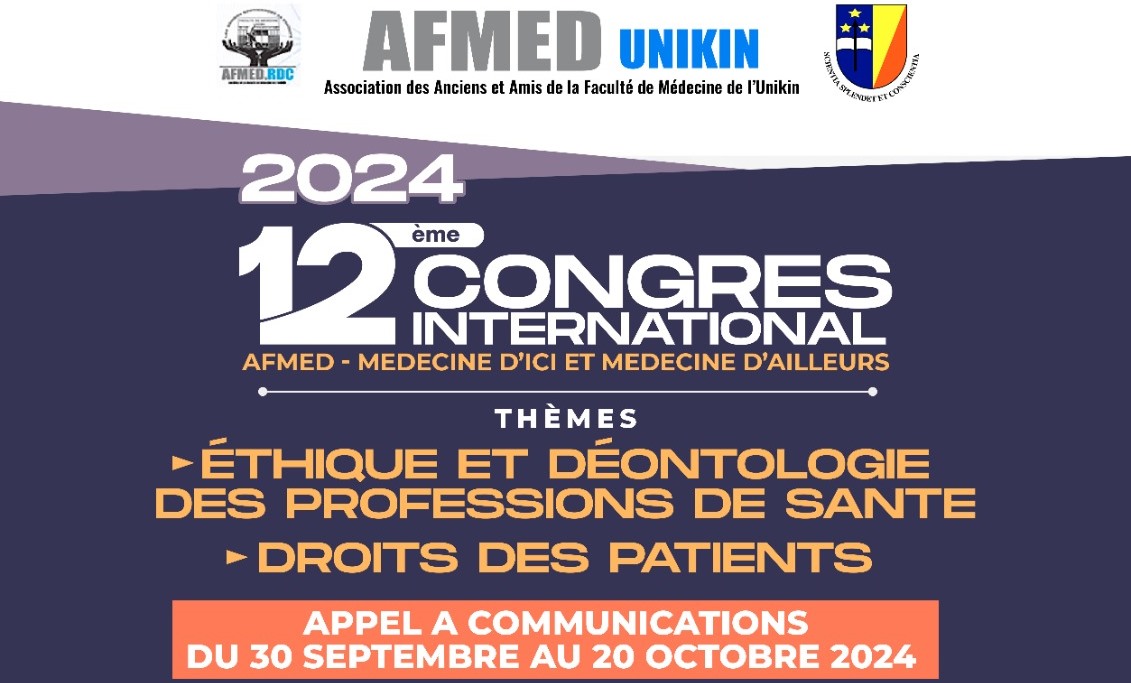Kabedi Bajani Marie Jose1*, Kayembe Ntumba Jean Marie2, Kashongwe Munogolo Zacharie2, Bisuta Fueza Serge2, Mampasi Kusangabo Philippe1, Mbaya Kalumba Paulin1, Taba Kalulu M3, Mifundu MN3, Mulenga Mbombo C3, Nkasa HL3, Tshitadi Makangu Augustin4, Nganga Nkanga Mireille1 and Muyembe Tamfum Jean Jacques1
1Department of Medical Biology, Faculty of Medicine, University of Kinshasa, Democratic Republic of the Congo
2Department of Medicine Internal, Faculty of Medicine, University of Kinshasa, Democratic Republic of the Congo
3Department of Chemistry Organic, Faculty of Sciences, University of Kinshasa, Democratic Republic of the Congo
4Department of Public Health, Technical Medical Institute of Kinshasa, Democratic Republic of the Congo
*Corresponding author: Dr. Kabedi Bajani Marie Jose, Specialist of Department of Medical Biology, Faculty of Medicine, University of Kinshasa,
Democratic Republic of the Congo, Tel: +00243998295595; E-mail: bedye2001@yahoo.fr
Abstract
Introduction: At the international level, Directly Observed Treatment Short-Course (DOTS) is a public health strategy to effectively fight Tuberculosis (TB) epidemic. However, because of the irrational use of anti-tuberculosis drugs, Mycobacterium tuberculosis is developing more and more resistance to antibiotics and the number of cases of multidrug-resistant Tuberculosis (MR-TB and XDR-TB) is increasing. Thus, the therapeutic arsenal used in this context becomes limited and the care also becomes
difficult.
Objective: The study aims to demonstrate in vitro efficacy of MATHESIA on Mycobacterium tuberculosis.
Methods: Thirty eight (38) positive Ziehl or Auramine sputum from failures and relapses cases were collected. After treatment with 4% sodium hydroxide, the direct
method of proportion technique was used. It consisted of inoculating the pellets on Löwenstein-Jensen’s medium (LJ), on incorporated LJ of MATHESIA at different
concentrations and on LJ incorporated anti-tuberculosis drugs with well-known critical concentrations. The tubes were incubated at 37°C and read at 28 and 42 days for susceptibility testing.
Results: Six strains (15.8%) were sensitive to all the anti-TB drugs tested and also to MATHESIA. In contrast, 32 strains (84.2%) were resistant to at least one antituberculosis drug. In contrast to MATHESIA, all the 32 strains resistant to at least one antituberculous drug showed growth only on a single concentration (0.01 mg/ml) whereas in the other 4 concentrations, growths were not observed, even for 21 MDR-TB souches (55.3%).
Conclusion: The anti-mycobacterial activity is certain in the MATHESIA and more in-depth research must be done to determine its behavior in the treatment.
Keywords: Evaluation; In vitro; Activity; Mycobacterial; Phytomedicine; Mathesia; Mycobacterium tuberculosis.









